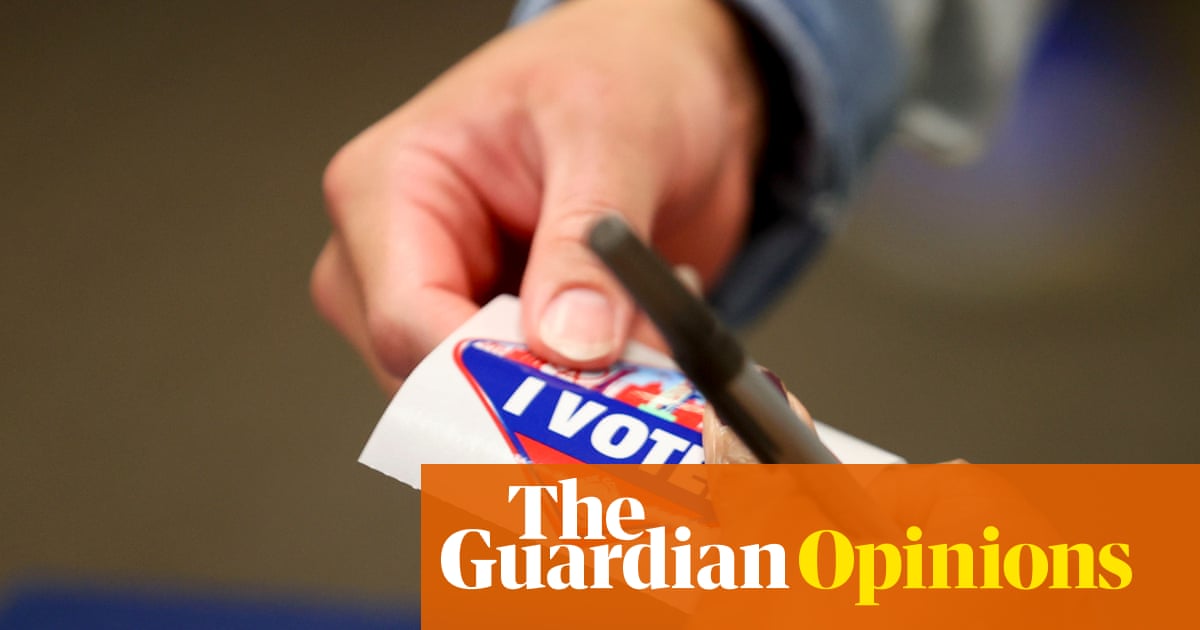
"In four years, you don't have to vote again. We'll have it fixed so good you're not going to have to vote. Since his defeat by Joe Biden in 2020, Trump has been building toward delivery on that promise, first by fomenting suspicion of widespread election fraud, then by trying to overturn the results via legal challenge and intimidation, and finally, on 6 January 2021, by force."
"Now the White House and Republicans both in Washington and the states are colluding more brazenly than ever to fix it it meaning free and fair elections they might lose. Republicans' aim is permanent control of the US government. Trump's is the crown. As their assaults on voting rights and the institution of elections itself escalate, their success begins to look, if not inevitable, alarmingly possible."
"Claims of rampant fraud are lies the big lie, as the 2021 House impeachment committee put it. But not among Republican voters. A Pew survey taken before the 2024 election found that Trump supporters were deeply skeptical about the way the election will be conducted, especially compared with Harris supporters. Whereas over 85% of Democratic voters believed in 2024 that absentee ballots would be counted accurately, and ineligible voters prevented from voting, among Trump supporters only 38% and 30%, respectively, felt the same."
Donald Trump urged Christian voters to cast ballots once, promising to "fix" elections so future voting would be unnecessary. Since 2020 he has promoted claims of widespread fraud, pursued legal challenges, encouraged intimidation, and culminated in the 6 January 2021 attack. Republican officials in Washington and state governments are taking bolder steps to "fix" elections, aiming for permanent control of government with Trump seeking dominant power. Republican voter skepticism about election integrity is high compared with Democrats, with a Pew survey showing only 38% and 30% of Trump supporters trusting absentee counts and voter eligibility protections versus over 85% of Democratic voters. More than 400 restrictive bills followed 2020, and Georgia's 2021 Election Integrity Act explicitly pursued partisan advantage.
Read at www.theguardian.com
Unable to calculate read time
Collection
[
|
...
]